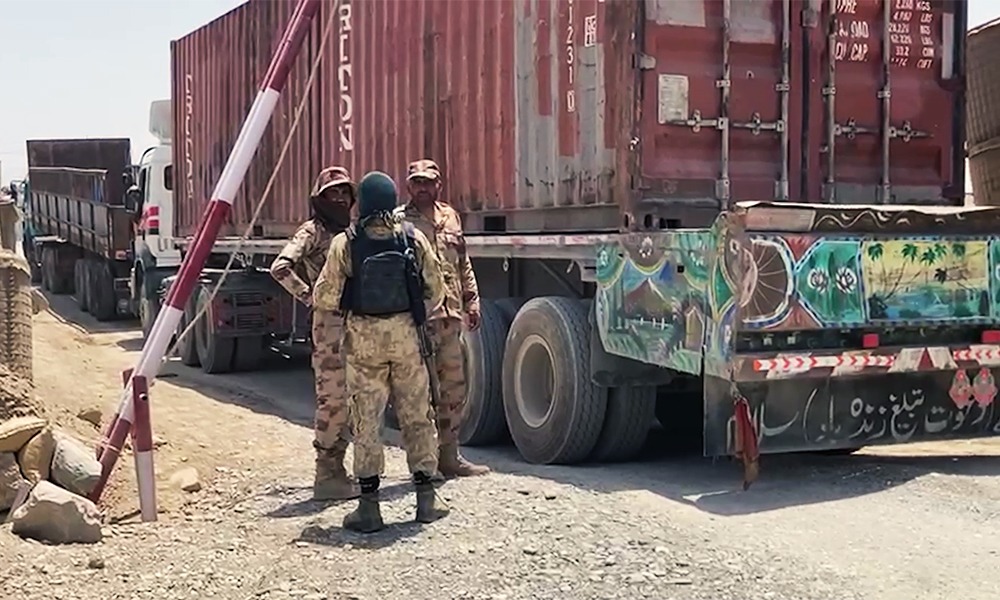QUETTA: The Pakistan-Afghanistan border crossings at Chaman’s Bab-e-Dosti, Torkham in Khyber, Ghulam Khan in North Waziristan, Angoor Adda in South Waziristan, and Kharlachi in Kurram have now remained closed for 40 days.
At Chaman, all kinds of trade and visa-based travel through Bab-e-Dosti are still suspended.
According to Levies officials, the repatriation of Afghan nationals illegally residing in Sindh, Punjab, and Balochistan is continuing through the Bab-e-Dosti crossing.
Authorities report that long lines of cargo trucks have formed at Torkham due to the closure of the trade route.
Similarly, the shutdown of Ghulam Khan in North Waziristan, Angoor Adda in South Waziristan, and Kharlachi in Kurram has halted the movement of goods and completely suspended all transport activities, including cargo vehicles.
Before the border closures, Pakistan and Afghanistan maintained one of the region’s busiest cross-border trade routes.
Thousands of cargo trucks crossed daily through major gateways such as Torkham, Chaman (Bab-e-Dosti), Ghulam Khan, Angoor Adda, and Kharlachi.
Trade included essential commodities like food items, construction materials, medicines, textiles, electronics, fuel, minerals, fruits, and vegetables.
Transit and bilateral trade operated smoothly under the Afghan Transit Trade Agreement (ATTA), enabling Afghanistan to access global markets through Pakistani ports.
Daily business activity supported thousands of traders, transporters, and laborers on both sides of the border, contributing significantly to regional economies.
Before the shutdown, these crossings functioned as vital commercial corridors, facilitating regular movement of goods, boosting markets, and enabling stable supply chains across the region.
Cross-border economic activity also supported customs revenue, logistics companies, warehousing businesses, and border markets in both countries.
Daily movement of traders and transport vehicles ensured uninterrupted supply of essential goods, creating economic interdependence between Pakistan and Afghanistan.
The smooth flow of exports and imports enabled stable pricing, availability of commodities, and sustained livelihoods for communities living near the border.





